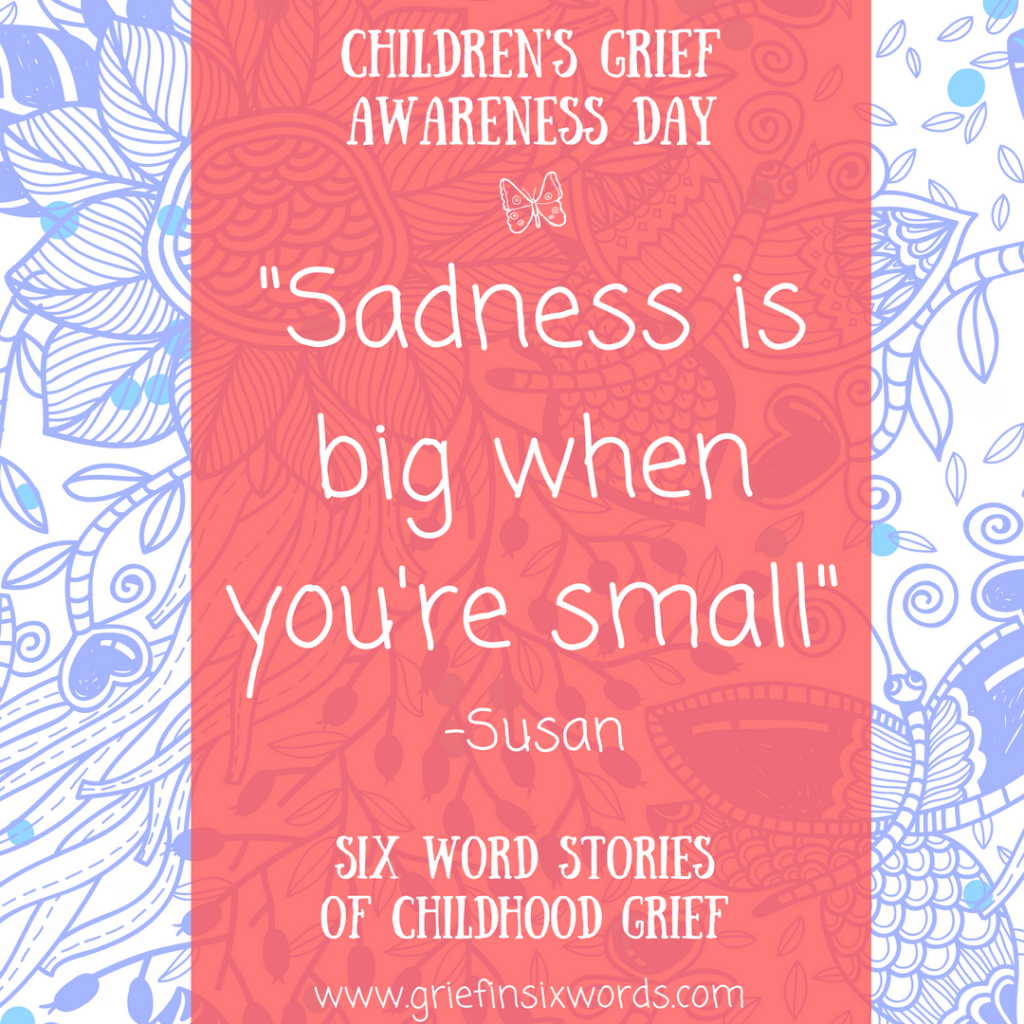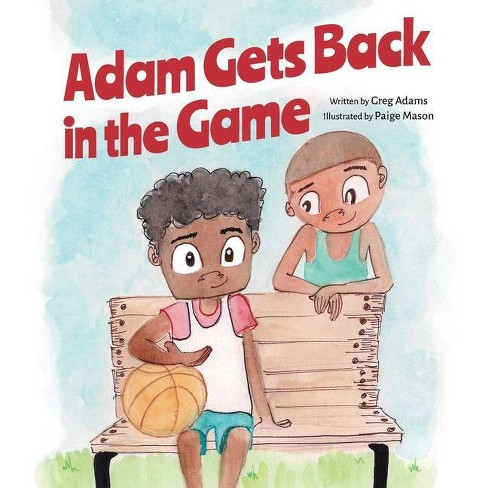No Outsourcing the "Why" in Grief
There are times in life, however, when despite our never-exhausted supply we find ourselves at a loss for words. There are situations that stump us as we search for some, or any, right or good words to say. Death may be top of the list for such times and situations. Because we are resilient people and are loathe to give up or give in, we will often say words anyway, and sometimes that gets us into trouble.
It begins when death comes and we naturally ask ourselves “how.” How, practically or literally, did this happen? What caused the injuries or the illness, and how did they overwhelm the body and cause it to stop? There are answers to these important questions, and usually it helps us to know these answers as much as possible. We need to add them to the stories of our lives—we need the right words to explain what has happened to us and to those who are important to us. So far, so good.
Along with “how,” we understandably ask “why,” and we need answers for both. We feel the need not only to understand the literal how about the death but also why it happened at all. This is a making-meaning, often spiritual question. Why this person? Why now? Why me and my family or circle of friends? For many, there is and will remain a significant amount of mystery in response to why. Some believe there are full reasons to be found. More believe that things happen for a reason but that those reasons mostly remain unknown (at least in this life). Still others believe there are no reasons to be found concerning individual deaths, but there are reasons to be found to continue living. People in the same family, in the same culture, and in the same religious tradition can find different answers to why and their answers can also change over time. This is not easy on us, of course, but it is how it is. We find the best words we can in response to our own why questions. Again, so far, so good.
After death has come, we also experience a compassionate need to comfort our grieving family, friends, or neighbors. We want to lessen their pain and ease their burden. We want to find just the right words to lift their hearts and dry their tears. We look inside to how we have made sense of the situation and found comfort in the midst of our why questions, and we offer our explanatory words to the grieving. Well-intentioned and desperate to feel helpful, it is here where we can lose our way.
In grief, making sense of our why is not something that can be outsourced. We cannot do it for another. It is an individual challenge to make peace with the reality of loss. We want to find the right words to take away suffering from those we love, but such words do not exist. It is not because we are not caring or wise. It is because grieving does not work that way, and there are no words to rescue a grieving person from the need to find one’s own answers, one’s own words.
Consider the following statements of meaning-making. Think how they sound and feel differently if they are said by the grieving person or by someone else:
• He’s in a better place.
• She is no longer suffering.
• One day I/you will be with them again.
• It was his time.
• She was just too good for this world.
Feel the difference? If any of these words come from the grieving person, we listen respectfully and honor them. If these are another’s words encouraging and instructing the grieving person how to feel and think, the grieving person may understandably resist, withdraw, or feel misunderstood.
Comforting words can sometimes be found and gratefully received when they are words of care and connection rather than words related to the why:
• I love you.
• I will be here for you.
• I am so sad that this happened.
• Tell me about him.
• When I think about her, I will always remember (fill in the blank).

Greg Adams, LCSW, ACSW, FT
Program Coordinator
Center for Good Mourning
[email protected]
Other Voices
 64 Six-word Stories on the Experience of Grief in Childhood
64 Six-word Stories on the Experience of Grief in ChildhoodChildren's Grief Awareness Day is recognized every year on the third Thursday of November as this time of year is particularly difficult for many. It is a day designed to help us all become more aware of the needs of grieving children - and of the benefits they obtain through the support of others. This collection highlights submissions from children with powerful stories in hopes of bringing attention to childhood grief.






